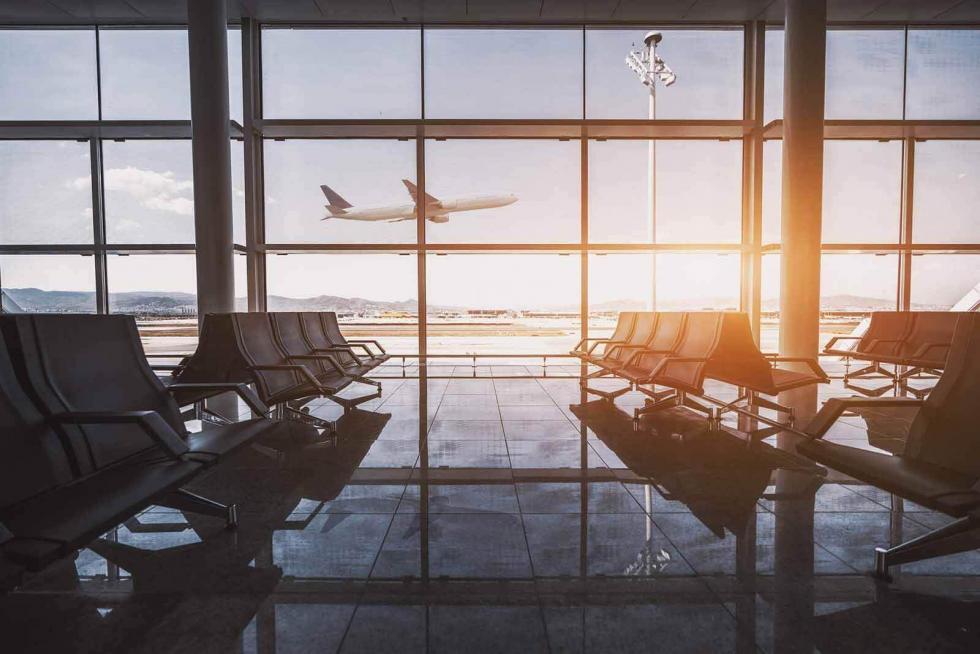
AT&T, T-Mobile, UScellular and Verizon sent a letter to the FCC on Friday saying that they agreed to voluntary commitments related to air traffic safety and the deployment of C-band spectrum.
“These voluntary commitments will support full-power deployments across C-band, and are crafted to minimize the operational impact on our C-band operations,” the letter stated. Reuters first reported the filing on Friday.
The letter noted that in February 2020, the FCC adopted licensing and technical rules that serve to ensure coexistence between new C-band operations and radio altimeters operating more than 220 megahertz away in the 4.2-4.4 GHz band.
That’s worth noting because the wireless industry, including through CTIA, argued that, thanks in part to the 220 MHz guard band, C-band signals were far enough away from the altimeters to not cause harmful interference. But because older altimeters don’t “stay in their lane,” so to speak, they are susceptible to interference.
Included in their filing with the FCC are a list of C-band licensee voluntary commitments for certain periods of time and a list of 188 airports where C-band mitigation efforts are in effect. The operators pledged to continue to coordinate with the FAA on all outdoor base stations near the 188 airports and to submit to the FAA confidential coordination information at least 30 days prior to transmission. Some of the commitments last until 2028.
Verizon spent $52.9 billion, including incentive payments and clearing costs, for its C-band licenses. AT&T was the second largest bidder in the C-band auction and spent over $23 billion. But they couldn’t turn on C-band signals near airports at full power due to concerns by the Federal Aviation Administration (FAA) and aviation industry.
In a statement following Friday’s filing, Verizon said that after more than a year of close collaboration with government stakeholders, they agreed to final voluntary commitments that will allow the company to fully use its C-band spectrum for 5G by the previously agreed to deadline of July 1.
“As we’ve said from the beginning, C-band wireless operations and aviation can safely co-exist, something that’s been proven in the U.S. and around the globe. We remain very optimistic about our C-band deployment as it brings new 5G opportunities to our customers,” Verizon added.
AT&T issued a short statement, saying the filing “is the result of collaborative and productive conversations with the FAA.”
UScellular has been keeping the FCC apprised of its communications with the FAA ahead of its C-band deployment, which is later than AT&T’s and Verizon’s due to clearing out satellite incumbents and the phased approach to the spectrum.
Some consumer advocates pointed out that a lot of neighborhoods near airports are lower income and/or majority non-white communities.
“UScellular believes all Americans deserve the ability to connect to what matters most through ground-breaking technology as quickly as possible,” said Adriana Rios Welton, head of Legal and Government Affairs at UScellular, in a statement. “We can now use this valuable spectrum to connect the unconnected quickly and affordably with high-quality home and mobile broadband.”
Click here to read the full article from Fierce Wireless.